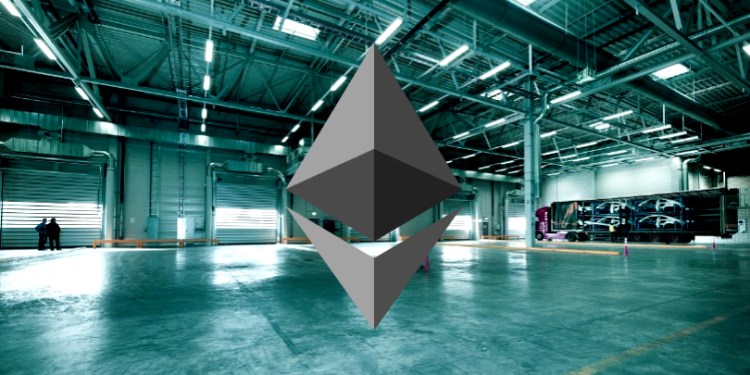Retail giant IKEA has settled an invoice with a local retailer using an Ethereum-based token. Supply chain payments platform Tradeshift transferred a digital version of the Icelandic króna that was created on Ethereum by fintech company Monerium.
Ethereum, an open source, public blockchain, allows developers to create a number of financial tools to power the digital economy while stripping away middlemen. Through the use of smart contracts, which are executed once agreed upon terms are met on both sides of a deal, trust is established without the need for third-party intermediaries. Smart contracts effectively reduce burdensome paperwork and eliminate redundant verification procedures.
Stefán Árnason, chief financial officer of IKEA Iceland, says the platform, which connects the money and payments flow to the invoicing to the actual inventory, squashing “double dip financing fraud”, will alter business relationships.
“A programmable financial supply chain, where trading partners can connect information flows to money flows through smart contracts, will transform how suppliers and customers interact.”
Gert Sylvest, co-founder of Tradeshift, says “smart invoices” allow merchants to represent future cash flow down to each dollar on the invoice. Payments can be programmed to settle on the actual due date, raising the bar on other services such as short-term credit to small and large companies that can be delivered automatically.
The Ethereum-based e-money differs from cryptocurrencies in that it represents fiat currency.
Says Sveinn Valfells, co-founder and CEO of Monerium,
“Unlike cryptocurrency which is volatile, e-money is a proven digital alternative to cash, regulated and redeemable on demand. Using programmable e-money in smart contracts heralds a new category of payments.”
The e-money movement is in line with IKEA’s efforts to streamline and conserve. The retail giant, founded in 1943, is responding to a changing world and the impact of e-commerce giant Amazon by taking a number of steps to modernize its business practices, reduce emissions and simplify manual procedures.
Wow! #IKEA to generate more energy than it uses by the end of the year.
Does not include the collective frustration energy used by customers to assemble furniture ? pic.twitter.com/RqkyV9aGiW
— Rich Tehrani (@rtehrani) September 27, 2019





